Could it really be that simple? We all know it feels good to smile, or receive a smile from someone else. Our smiles also express the happiness we feel. By looking more deeply into the research on smiling, it’s amazing how much more we can discover about this universal expression of positivity.
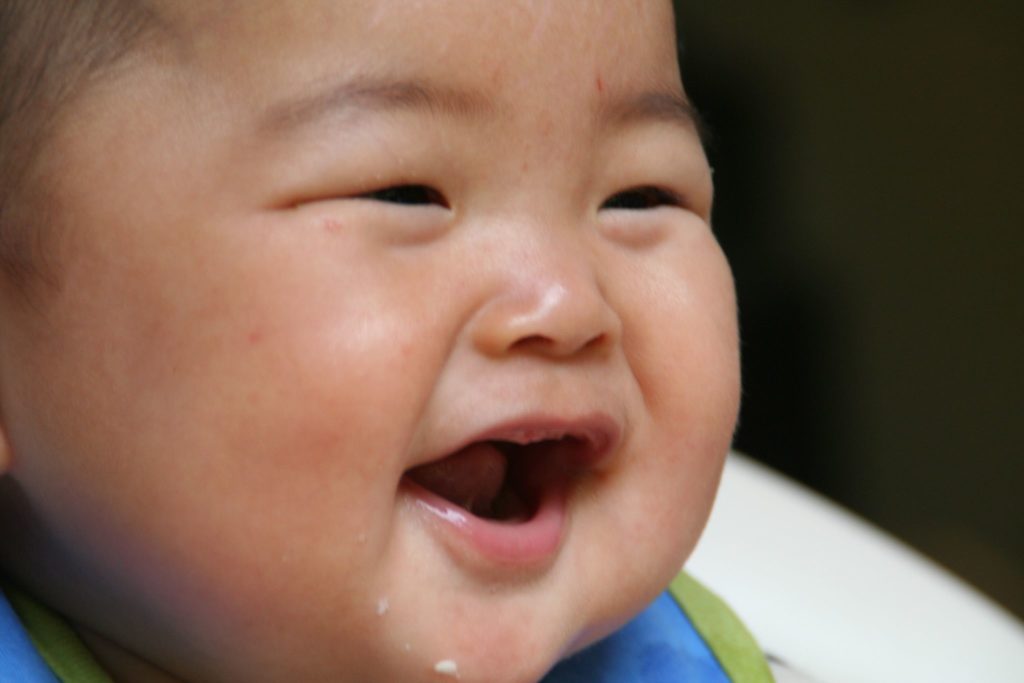
We’re all born with this natural Superpower!
“Sometimes your joy is the source of your smile, but sometimes your smile can be the source of your joy.”
Thich Nhat Hanh
Not only does a smile express when we’re feeling happy, but the act of producing a smile may create positive emotions. This newer concept, that smiling can be the cause of positive feelings, and not just the effect, is known as the “Facial Feedback Hypothesis.”
This hypothesis feels empowering, as it puts some control over our feelings into our own hands (or rather, mouths 😆). I’ve been having fun playing around with smiling, noting that it does have a feel-good effect. But don’t take my word for it – why not give it a try and take your own smile out for a spin!
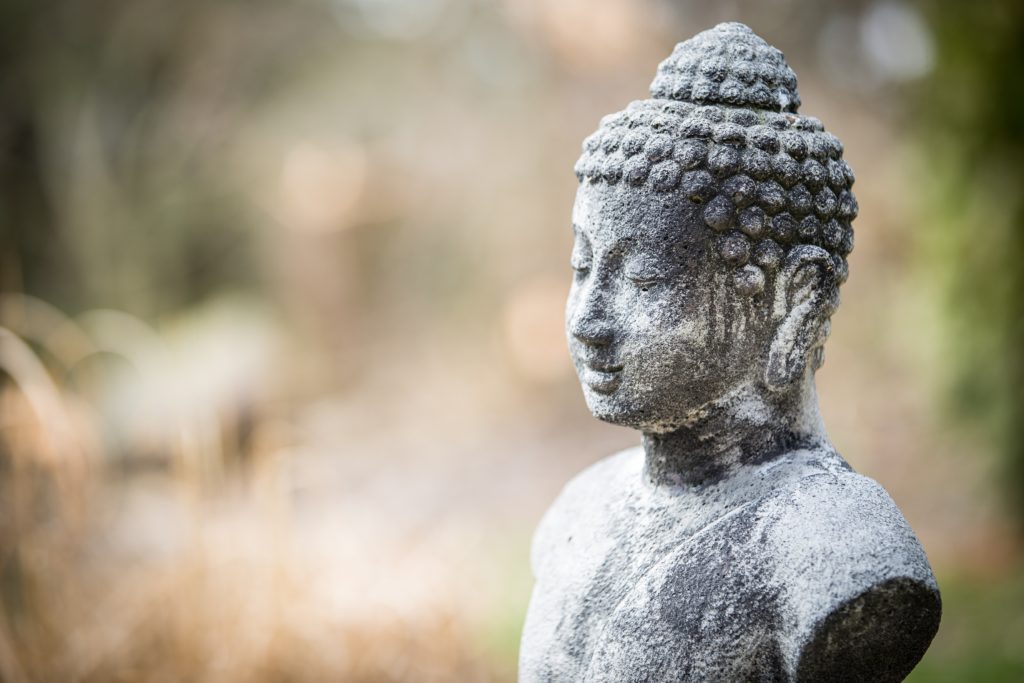
The Subtle yet Powerful Smile.
One exercise to experiment with, is to take a moment…close your eyes…and after a few breaths, with your facial muscles relaxed, very slightly turn up the corners of your mouth. Softening your eyes and jaw, take a few more breaths. Slowly open your eyes back up. Take a few moments right now, if you can, to try this superpower move…
Pretty cool, huh? I experienced that once from a guided meditation, and since then it’s something I draw upon as needed. It’s always accessible, and really helps as a momentary reset, to shift into a more serene, positive lens.
In addition to elevating our mood, studies have revealed that smiling may also:
- Increase Longevity – This fascinating research found a link between smiling and living a longer life. The study analyzed major league baseball cards, determining whether the player had a “Duchenne smile” (the big, genuine smile with crinkly eyes), a partial smile, or no smile at all. The players who were smiling lived longer than those who didn’t smile, with the biggest smiles gaining an average of 7 years over their non-smiling counterparts!
- Reduce Stress – One study found that people who smiled while completing a stressful task had lower heart rates and recovered more quickly than those who maintained a neutral expression. The results held true even when it was a purely simulated smile. In this case, participants placed chopsticks in their mouths in various ways to form the shape of either a smile or neutral expression. Feel free to try this at home. I did 😜
- Relieve Pain – Again with the chopsticks, the participants who were “smiling” in this study, reported less pain while getting a shot than those who didn’t smile, and their heart rates remained lower as well.
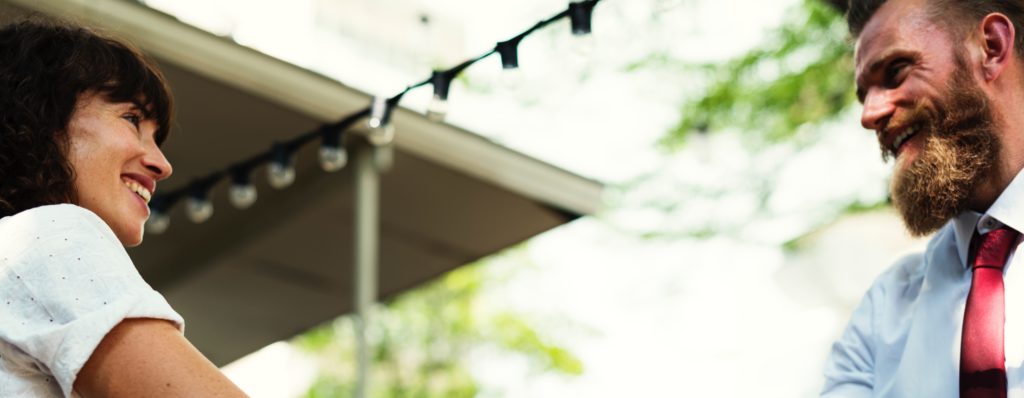
The incredible benefits of smiling are magnified when we take our smiles out into the community. As we all know from experience, smiling is contagious. When someone smiles at us, or even when we see someone smiling, we can’t help but smile as well. Part of the Spread Happy vision includes an idea called “The Spontaneous Smile Project,” which stems from this concept of the smiling ripple effect.
What exactly is The Spontaneous Smile Project? Great question! I’m not completely sure yet 😊 For now, in its infancy, it’s as simple as those of us reading this making a more conscious effort to smile and connect with others. Whether it’s someone we know or a stranger we pass by, flashing our pearly(ish) whites will likely brighten up their day as well as ours!
As The Spontaneous Smile Project evolves, I can imagine there being fun, smile-generating activities held in public spaces. Check out the video above for a beautiful example of smiles + connection.
What makes you smile? I’d be curious to hear about it. Here are some ideas of sights, sounds, and experiences to get the brainstorming started:
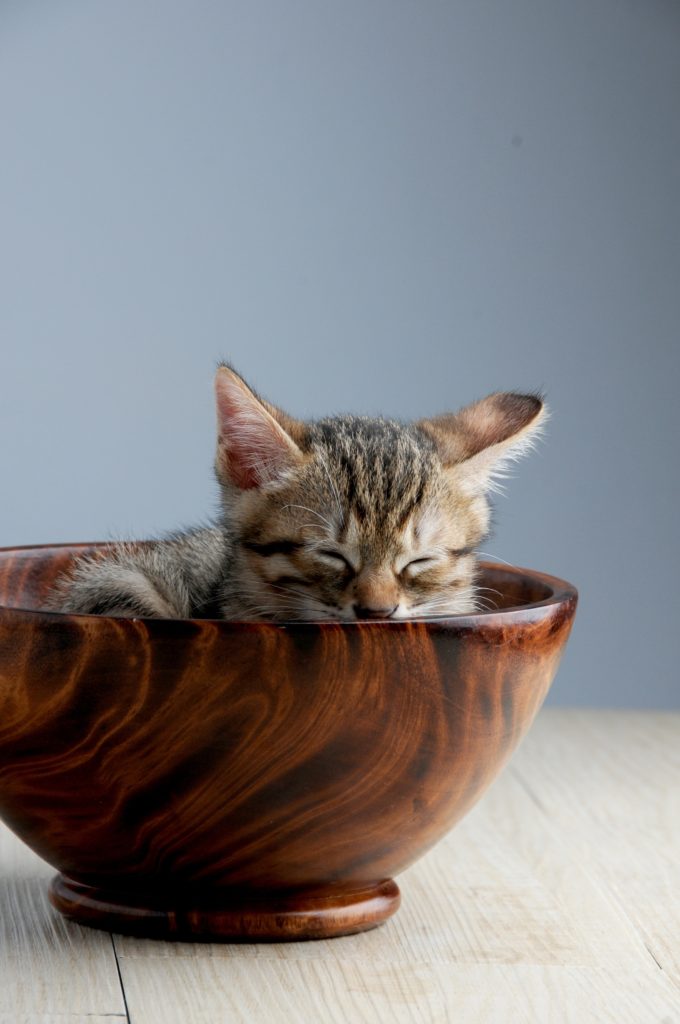
all baby animals – i mean, c’mon! 
seeing your favorite band 
sunflowers! 
being with friends – jumping, of course! 
reading a great book 
a beautiful cup of coffee 
baby humans 
breathtaking nature 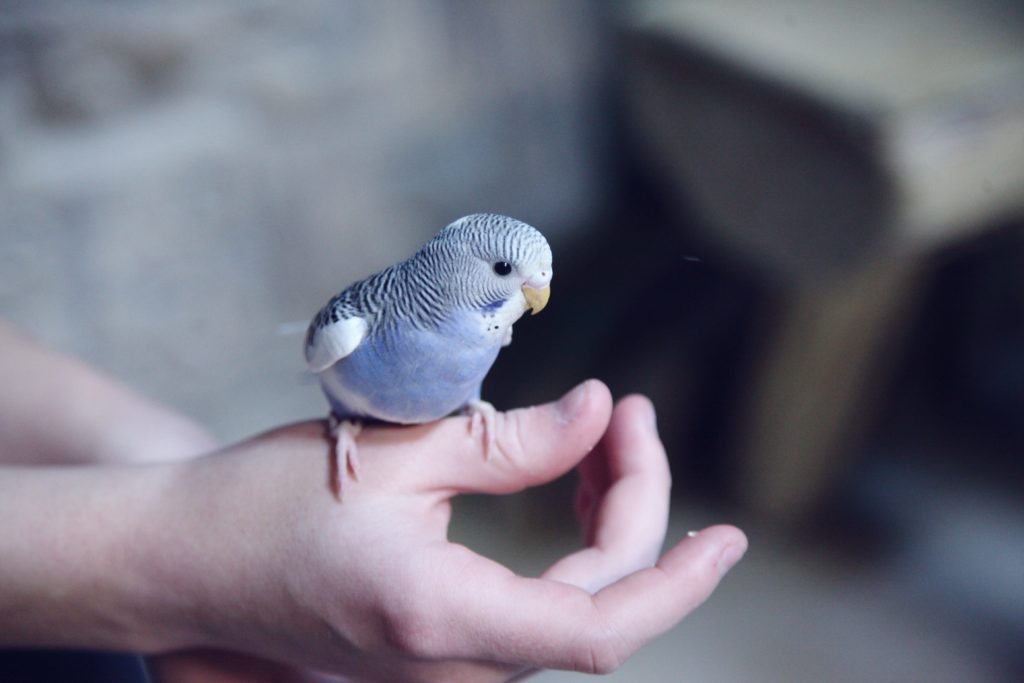
adorable pets!
Once we identify what make us smile, let’s make an effort to come into more contact with whatever that might be. Then we can all Spread Happy with our big ol’ smiles, and together, we can “change the world, one smile at a time.”
